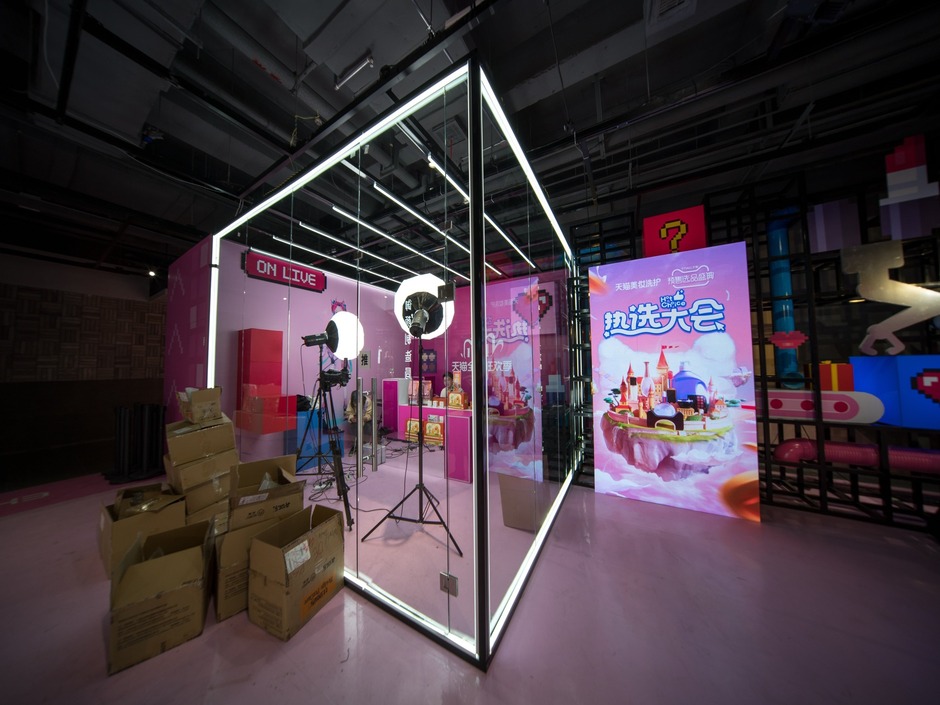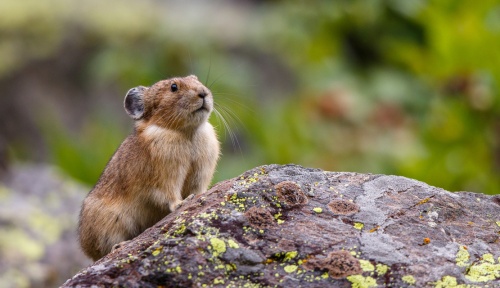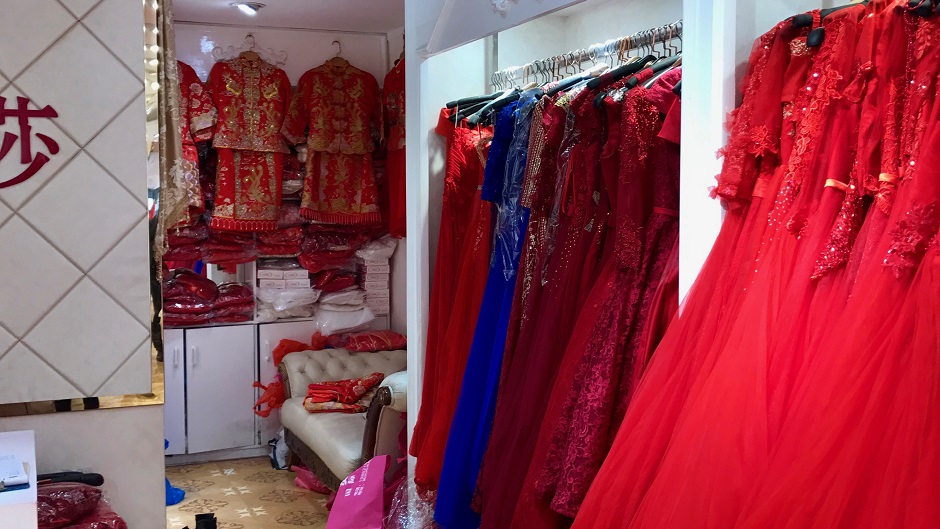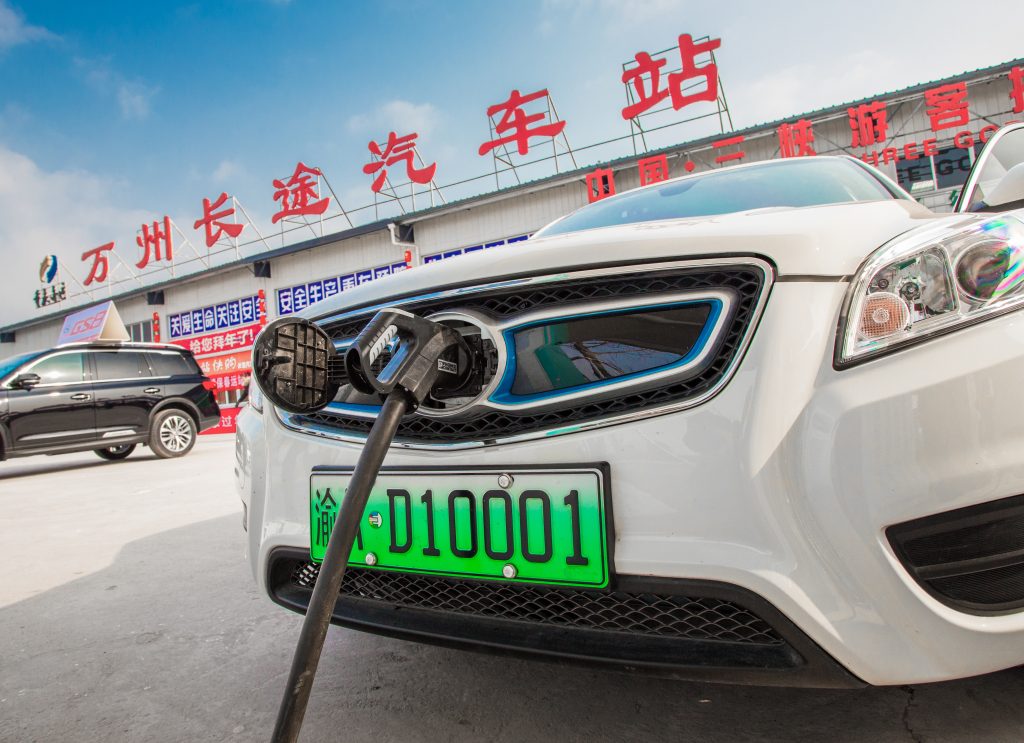30 Nov 2021

![]()
French cosmetics giant L'Oréal has been going through a massive retail row in China after two leading social media influencers sold large quantities of the company’s beauty face masks to consumers while inaccurately claiming it was the cheapest deal available anywhere.
Influencers Austin Li Jiaqi and Wei Ya regularly reach tens of millions of shoppers on their two e-commerce livestreams, and the November 11 “singles day” festival has become one of their most eagerly anticipated broadcasts. This year, among the many products they were each selling on that evening was the supposedly special offer of batches of 50 L'Oréal masks for ¥429 (£49.85). But it emerged shortly after that the same deal was available direct from L'Oréal for ¥258.
Li, known as China’s “lipstick king” for his ability to sell masses of product online, and Wei, a former pop star who rose to fame as the winner of China’s equivalent of Pop Idol, started receiving large volumes of complaints from furious shoppers.
Both influencers issued apologies. After L'Oréal did not immediately say it would compensate those who had bought the masks, the influencers said they would no longer showcase the company’s products. Now L'Oréal has apologised and confirmed it will provide compensation. In a statement, the company blamed its “overly complicated sales mechanism” and said it had “found a constructive and satisfactory solution to address the recent customers complaints in relation with singles day promotion”.
The row has not been pleasant for anyone involved, but it shows how important influencers have become as endorsers of luxury goods in China. So how has the market changed, and what does it mean for customers?
Changing face of luxury retail
China is the most important market in the world for luxury goods, with Chanel, Dior, Cartier and Hermès among the leading brands in the country. The market has been doing strong business during COVID. For example, major Hong Kong-based luxuries retailer Chow Tai Fook has reported an annual revenue increase of nearly 24% in its 2021 financial year, mostly from Chinese mainland.
Luxury brands have traditionally relied on flagship stores in the best shopping districts to connect with their customers. The number and size of stores has continued increasing in leading malls like Plaza 66 in Shanghai and SKP Beijing, where all the top luxury brands have large external facades and dazzling logo displays. They also use historical buildings, such as the ones situated at the north of the Shanghai Bund waterfront district.
But while physical stores are still important, most brands seek to extend their reach online. A major part of this is through using the internet as a way to communicate their relationships with celebrities.
Cartier, for example, invites Chinese movie stars to attend its promotional events. These would include star actors like Tony Leung, and more recently actor Chang Chen and actor/singer Lu Han, who would be described as “good friends of Cartier” to highlight the brand’s prestige through these connections.
But when Cartier has tried to use social media to promote these celebrity attachments, consumers have reacted badly. I have read thousands of comments (in Chinese) from people ridiculing the watchmaker for referring to its endorsers as “friends”, claiming that this detracts from the importance of their favourite stars. Most Chinese people would say that “guest” is a more respectful choice of word than “friend”.
Perhaps partly because of such experiences, luxury brands have turned to social media influencers to help communicate their messages. For example, Dior hired Angelababy, a famous actor and internet celebrity from Hong Kong, as a brand ambassador in 2017. The relationship has continued to the present day, with the actor appearing in virtual form at Shanghai Fashion Week in April.
Yet using Angelababy in this way was questioned by Dior’s customers online, as she is an agent of the brand rather than an independent influencer. This means she is seen as not being in a position to speak on behalf of Dior’s customers and fans in the way that she might otherwise have done.
Unpredictable behaviour
Just like celebrities, influencers come with the additional problem that brands have no direct control over their behaviour. Whatever exactly happened in the case of L'Oréal and its influencers, for instance, they have not been speaking in unison since the debacle with the face masks.
When it comes to the dangers of individual behaviour, the only consolation is that it can sometimes work in the brand’s favour. This happened to Dior, for instance, when footage surfaced in which Angelababy was perceived as speaking up for an actress in an encounter with pop star Kris Wu, who was subsequently arrested on suspicion of rape in relation to a separate incident.
At any rate, L'Oréal’s recent problems show that while influencers are potentially more objective moderators than traditional celebrities (particularly if you don’t use them as brand ambassadors), online marketing still presents great risks. In an era where millennials engage mainly online, an incident like the one with Li and Wei can spread quickly and stick in consumers’ minds much more than the glitzy marketing narratives that are pushed by the luxury brands. A fan exposed to a debacle like L'Oréal’s can turn hostile overnight to the brand they loved.
Perhaps the ideal relationship between brands and influencers arises from Vogue China’s decision earlier this year to appoint famous 27-year-old blogger Margaret Zhang as editor-in-chief. Even though she never trained in journalism, she is well accepted by consumers of high fashion, and her endorsement is now arguably one of the most valuable to brands in the business.
By Dr Samuel Kwok, Associate Professor of Transdisciplinary Studies, Xi'an Jiaotong Liverpool University
This article is republished from The Conversation under a Creative Commons license. Read the original article.
30 Nov 2021
RELATED NEWS

The Conversation: Creature that inspired Pikachu is being blamed for an ecological crisis – but it may be innocent
Known as the water tower of Asia, the Tibetan Plateau is where the mighty Yellow, Yangtze and Mekong rivers begin as tiny trickles. The plateau is also s...
Learn more

The Conversation: Chinese brides wear as many as five dresses
Across the Northern hemisphere flowers are blooming, days are warmer and birds are singing. In China, where I live, there is another highly visible indicator...
Learn more

The Conversation: What electric vehicle manufacturers can learn from China – their biggest market
Despite the pandemic, global sales of electric vehicles (EVs) increased by 43% in 2020. Total EV sales in China were 1.3 million, an increase of 8% compare...
Learn more








